Pasilla chili peppers are dried chilaca peppers with 1,000-2,500 SHU heat level, featuring earthy, raisin-like flavor with subtle licorice notes—distinct from anchos which come from dried poblanos. This authentic Mexican ingredient delivers complex depth to moles and sauces without overwhelming heat, making it essential for traditional Oaxacan cuisine.
Table of Contents
- What Is a Pasilla Chili Pepper? (Not the Same as Ancho!)
- Taste Profile: Earthy, Raisin-Like Flavor With Licorice Notes
- Spice Level: How Hot Is a Pasilla Pepper? (1,000-2,500 SHU)
- Pasilla vs Ancho vs Mulato: Key Differences You Need to Know
- 5 Professional Cooking Techniques for Perfect Pasilla Flavor
- Where to Buy Authentic Pasilla Peppers and Storage Secrets
- Why Pasilla Is Fundamental to Authentic Mole Negro
- 7 Surprising Facts About Pasilla Chilies Most Cooks Don't Know
- Critical FAQs: Substitutions, Bitterness Fixes, and Freshness Tests
What Is a Pasilla Chili Pepper? (Not the Same as Ancho!)
The pasilla chili is the dried form of the fresh chilaca pepper, exclusively from Mexico—never to be confused with anchos which come from dried poblanos. Its name means "little raisin" in Spanish due to its characteristic wrinkled texture and deep blackish-brown color when properly dried. Fresh chilacas transform into pasillas through sun-drying, concentrating their natural sugars and developing complex earthy notes essential for authentic Mexican cooking.
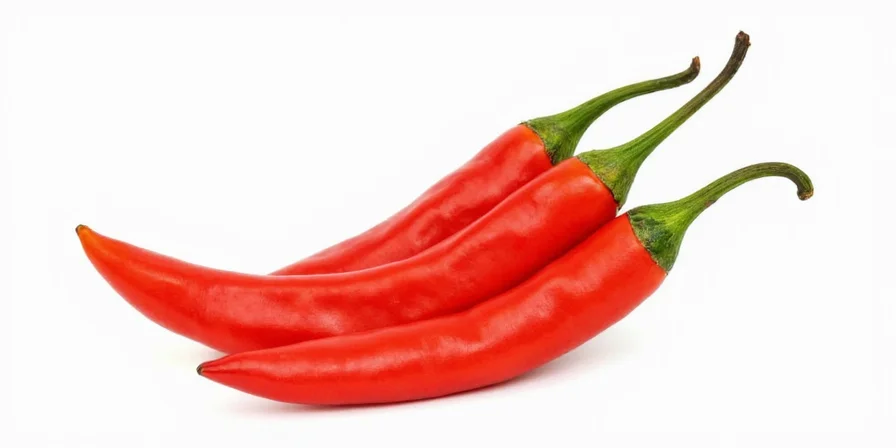
Using ancho instead of pasilla creates noticeable flavor deviations in traditional recipes—pasilla's distinctive licorice finish cannot be replicated by fruitier anchos. This difference is critical for authentic mole negro, where pasilla provides the foundational earthiness.
Taste Profile: Earthy, Raisin-Like Flavor With Licorice Notes
Pasilla delivers multi-dimensional flavor beyond simple heat, featuring:
- Deep earthy base reminiscent of forest mushrooms
- Natural raisin-like sweetness without added sugar
- Subtle cocoa undertones developed during drying
- Clean licorice finish that enhances rather than dominates
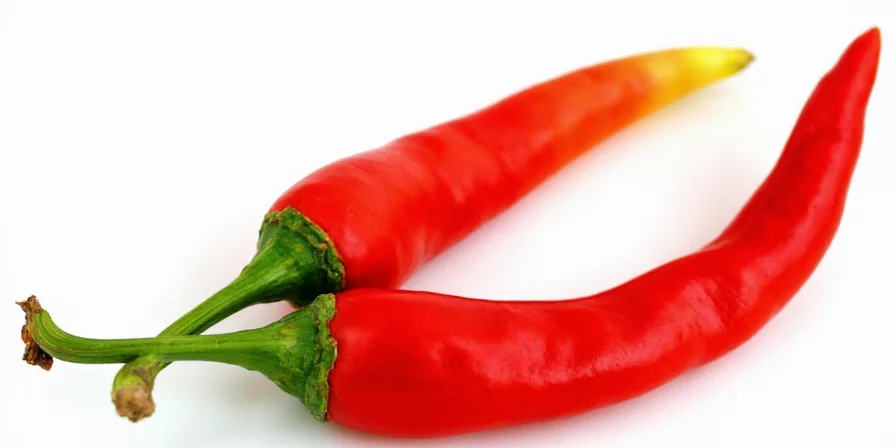
This complexity makes pasilla indispensable for authentic moles where single-note chilies fail—it builds flavor layers that develop during slow cooking, unlike hotter varieties that can become bitter.
Spice Level: How Hot Is a Pasilla Pepper? (1,000-2,500 SHU)
Pasilla provides gentle warmth rather than aggressive heat at 1,000–2,500 Scoville Heat Units (SHU), making it milder than jalapeños but slightly hotter than anchos. For precise comparison:
| Chili | Scoville Heat Units (SHU) |
|---|---|
| Pasilla | 1,000–2,500 SHU |
| Ancho | 1,000–2,000 SHU |
| Jalapeño | 2,500–8,000 SHU |
| Hatch Green Chile | 1,000–15,000 SHU |
Ideal for dishes requiring background warmth that complements rather than overpowers other ingredients, pasilla maintains flavor integrity even in long-cooked sauces.
Pasilla vs Ancho vs Mulato: Key Differences You Need to Know
Critical distinctions affect recipe outcomes:
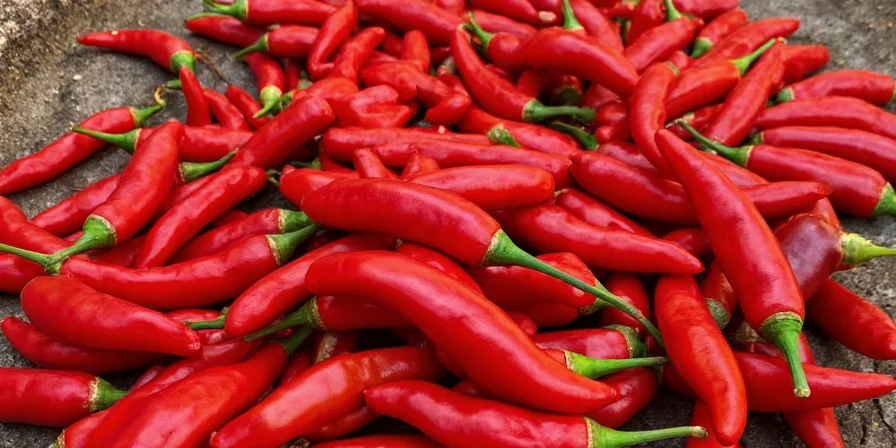
| Chili | Heat Level | Signature Flavor Notes | Critical Recipe Applications |
|---|---|---|---|
| Pasilla | Mild-Moderate | Earthy, raisin, licorice finish | Essential for mole negro (7 peppers standard) |
| Ancho | Mild | Fruity, tobacco, coffee | Enchilada rojas, adobos |
| Mulato | Moderate | Chocolate, sweet wood | Richer moles, game meats |
| Guajillo | Moderate-Hot | Berry, tea-like, citrus | Verde sauces, marinades |
Authentic Oaxacan mole negro requires exactly seven pasilla peppers—substituting anchos creates a fruitier, less complex sauce missing the critical licorice dimension.
5 Professional Cooking Techniques for Perfect Pasilla Flavor
Achieve authentic results with these chef-tested methods:
- Perfect Toasting Method: Warm in dry skillet 60-90 seconds until fragrant but not smoking—exceeding 300°F creates bitter compounds. Shake pan constantly for even heating.
- Precision Rehydration: Soak in 180°F (82°C) liquid for exactly 15 minutes—hotter temperatures cause bitterness, longer soaking dulls flavor. Orange juice enhances natural sweetness.
- Strategic Seed Management: Keep seeds for bean dishes (adds warmth without bitterness); remove completely for delicate sauces requiring pure flavor.
- Authentic Mole Base Formula: Blend 7 rehydrated pasillas with 2 roasted tomatoes, 3 garlic cloves, and 1 cup warm broth—simmer 45 minutes to develop flavor layers.
- Cross-Cultural Technique: Add 1/4 tsp ground pasilla to Asian braises—its earthiness complements soy and star anise without heat competition. Start with small amounts to balance flavors.

Where to Buy Authentic Pasilla Peppers and Storage Secrets
Source genuine Mexican pasillas at Latin markets or specialty online retailers. Look for Oaxacan origin labels—many "pasilla" products outside Mexico are actually mislabeled anchos.
Authenticity Checklist:
- Deep blackish-brown color (not reddish like anchos)
- Distinct raisin aroma when crushed (not fruity)
- Flexible texture that snaps cleanly when bent
Professional Storage Protocol:
- Airtight container in cool, dark place: maintains quality 12 months
- Freezer storage (0°F/-18°C): preserves flavor 24+ months
- Ground powder: use within 6 months for peak flavor
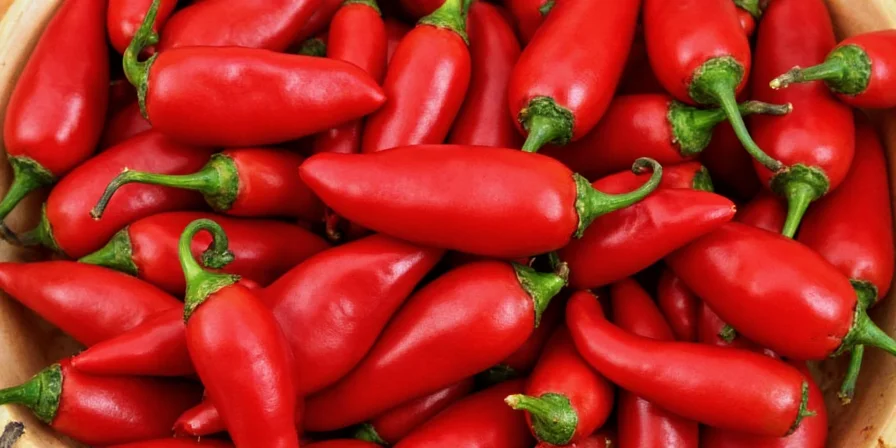
Why Pasilla Is Fundamental to Authentic Mole Negro
Indigenous Zapotec communities in Oaxaca cultivated pasilla for centuries before Spanish contact, valuing it as both culinary ingredient and ceremonial element. The Nahuatl name "chilpococ" specifically refers to its wrinkled appearance, distinguishing it from other chilies. Unlike global varieties developed for heat, pasilla was selectively grown for flavor complexity—forming the "holy trinity" of Oaxacan mole alongside ancho and mulato. Traditional mole negro requires exactly seven pasillas for optimal flavor layering, a ratio perfected over generations to balance earthiness without bitterness.
7 Surprising Facts About Pasilla Chilies Most Cooks Don't Know
- Pasilla was documented in Spanish medicinal texts by 1525, appearing in Europe before tomatoes.
- The "seven pasilla" rule in mole negro comes from pre-Hispanic numerology (seven directions in Mesoamerican cosmology).
- When dried under specific Oaxacan conditions, pasillas develop natural vanillin compounds that enhance sweetness.
- Authentic Mexican chefs test pasilla quality by bending—not breaking—which indicates proper moisture content.
- It's the only dried chili that improves flavor when frozen due to cellular structure changes.
- Under the name "chile negro," it's frequently mislabeled as ancho in non-Latin markets despite distinct flavor profiles.
- When blended with 70% dark chocolate and almonds, it creates a sugar-free dessert sauce through natural Maillard reactions.
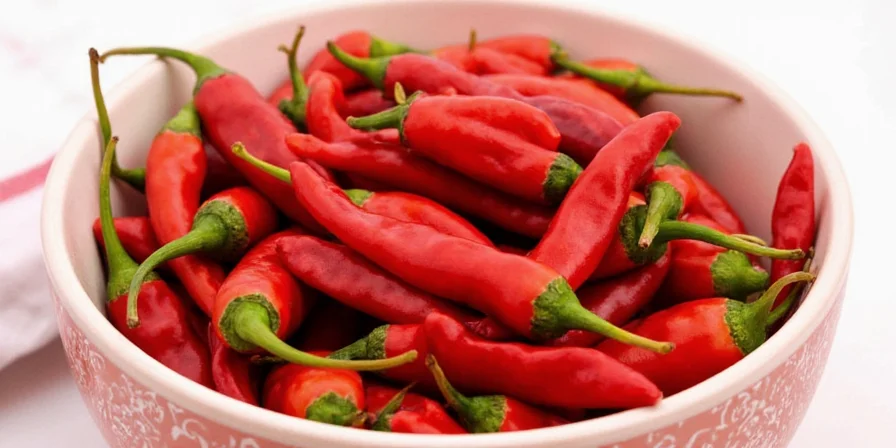
Critical FAQs: Substitutions, Bitterness Fixes, and Freshness Tests
What makes pasilla different from ancho peppers in cooking?
Pasilla (from dried chilaca) delivers earthy, raisin-like flavor with licorice finish at 1,000-2,500 SHU, while ancho (from dried poblano) offers fruitier, tobacco notes at 1,000-2,000 SHU. In traditional mole negro, substituting ancho for pasilla creates a noticeably different flavor profile missing the critical licorice dimension—seven pasillas are required for authentic Oaxacan mole.
What's the best substitute for pasilla peppers if unavailable?
Combine 1 ancho + 1/2 mulato pepper to approximate pasilla's flavor profile. For critical mole recipes, add 1/8 tsp pure vanilla extract to the ancho/mulato blend to mimic pasilla's natural vanillin compounds. Never use guajillo as substitute—it's too citrusy and alters mole's fundamental flavor balance.
Why does my pasilla sauce taste bitter and how to fix it?
Bitterness comes from over-toasting (exceeding 300°F) or boiling during rehydration. Fix immediately by adding 1 tsp orange juice or 1/4 tsp cocoa powder—never sugar. For prevention: toast just 60-90 seconds until fragrant, soak in 180°F liquid for exactly 15 minutes, and remove all seeds and white veins which contain bitter compounds.
How do I test pasilla freshness before cooking?
Fresh pasilla should bend and snap cleanly (not crumble). Scratch the skin—a vibrant raisin aroma should release immediately. For ground powder, rub between fingers; fresh specimens show deep black color and strong fragrance within 5 seconds. If musty or odorless, it's past peak and will yield bitter results even with proper technique.

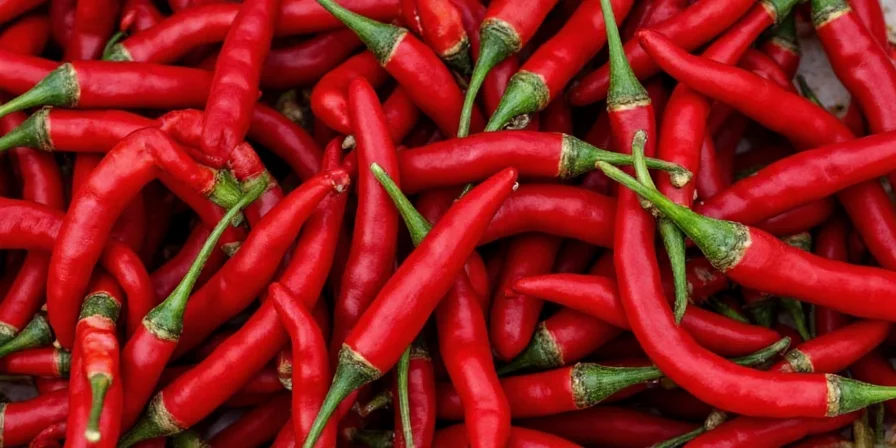









 浙公网安备
33010002000092号
浙公网安备
33010002000092号 浙B2-20120091-4
浙B2-20120091-4